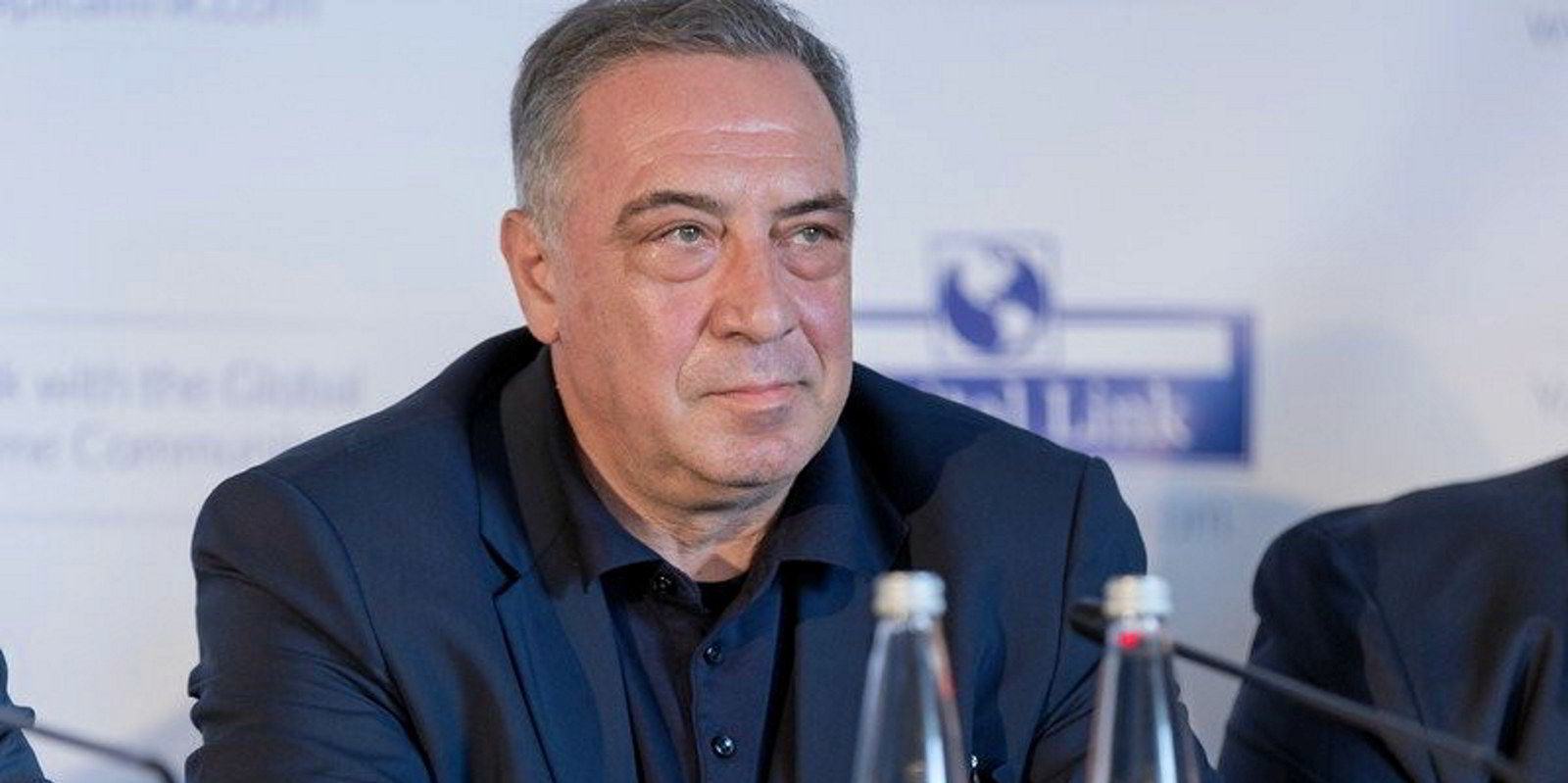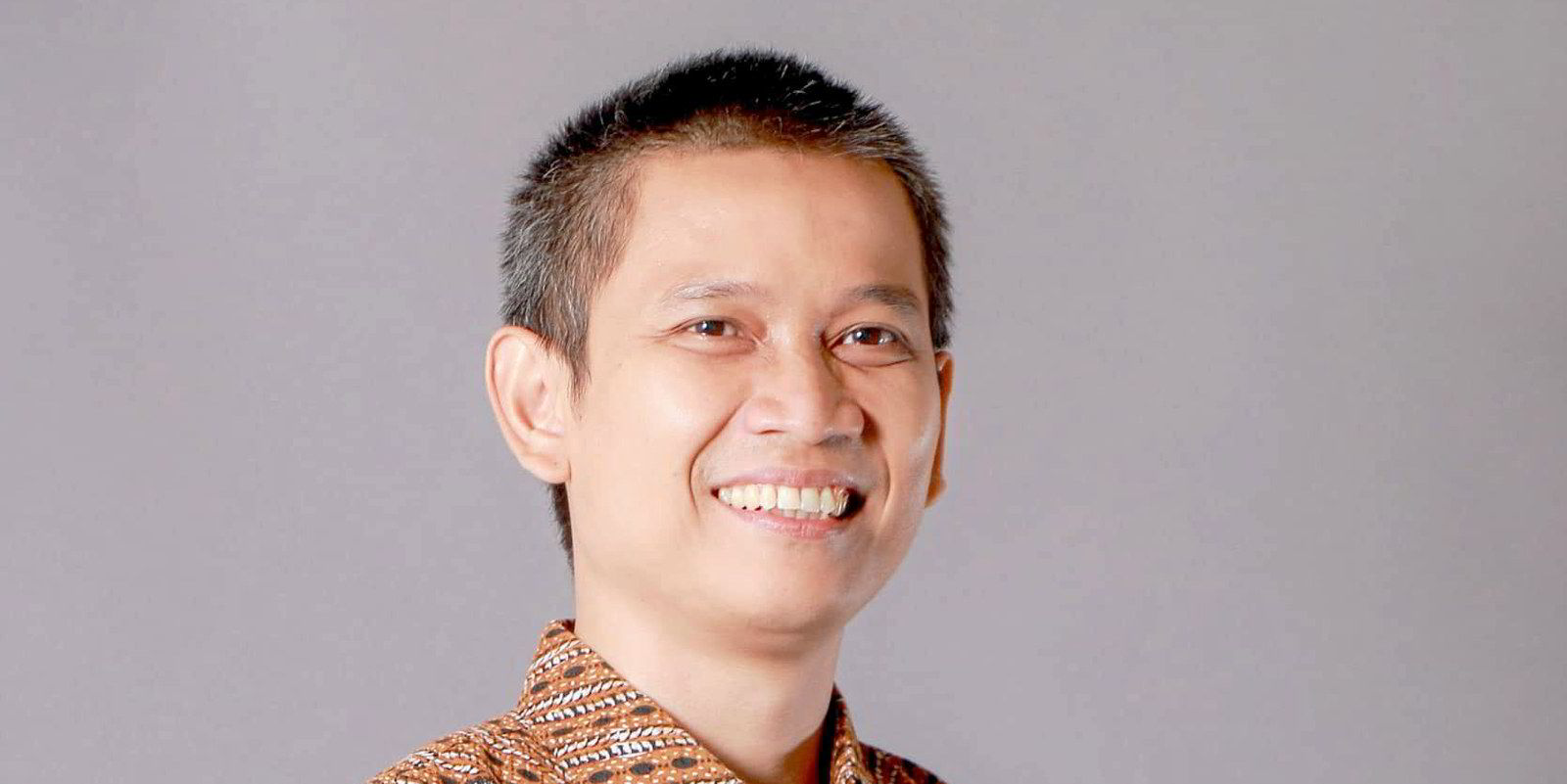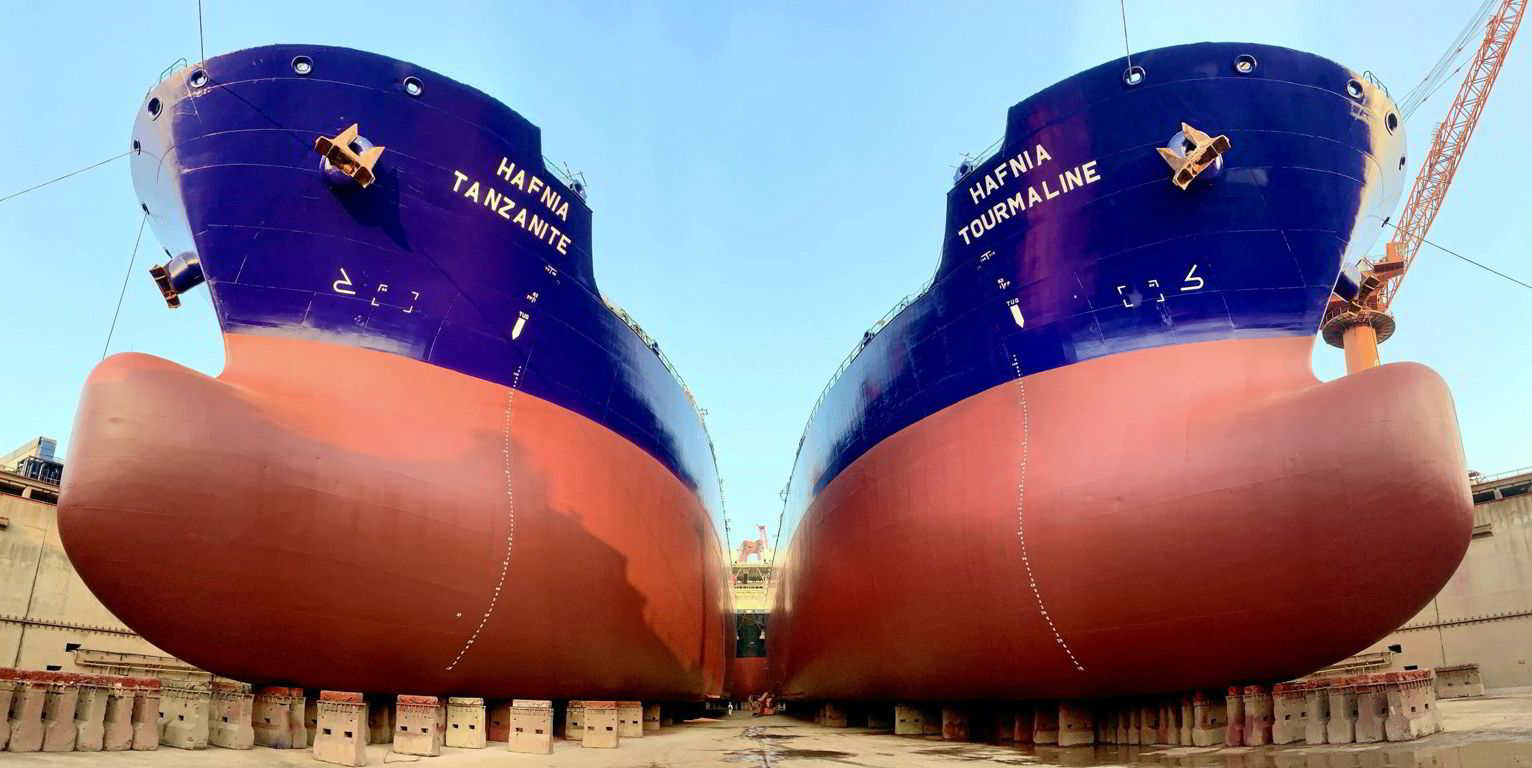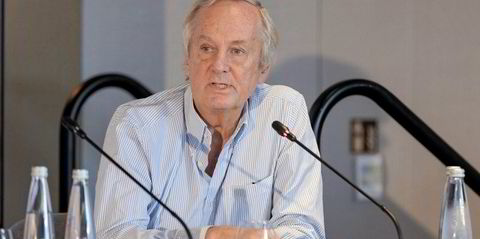Nikolas Tsakos has set out ambitious targets as his Tsakos Energy Navigation (TEN) prepares to celebrate 30 years as a listed company.
The chief executive told a conference call that next year will mark three decades since it debuted on the Oslo Stock Exchange. It has already racked up 20 years with a New York listing.
“Hopefully, our share price will be above $30,” Tsakos said. “We are hoping to be well above $20 in the remainder of the year.”
The tanker and LNG carrier player has just logged its best quarterly results since 2007.
Tsakos said: “You know I am very conservative usually but I hope we will break the record.”
But the stock price dropped nearly 12% on Tuesday — to $17.72 — in New York.
The highest level in the last five years has been $22.25.
Tsakos said chief financial officer Paul Durham is working on beating the profit record already, with the chartering team.
“In the fourth quarter of this year, things look to be even stronger or rosier and this is a time that the TEN model proves it works, because we can work in difficult times, but also much better times,” he said.
Tsakos told the call that the company is now coming out of a fifth crisis for the tanker market, based on geopolitical and market-related events.
Six-figure rates
“Now we are enjoying six-figure returns or time charter revenues in a majority of our aframax, suezmax and VLCC fleet,” Tsakos said.
“And what gives me comfort is right now, we are in a situation where very little newbuilding supply is coming in and so this good market — perhaps not at these high levels as always — will be sustainable for at least the next three years.”
He also said debt will be significantly under the $1bn level by 2024.
“Our aim is to be above $1bn in market cap and significantly under $1bn in debt,” he said.
The current market cap is $507m.
Chief operating officer George Saroglou told the call: “Reducing debt was always good and we’ve been doing it quite drastically.”
He added that borrowings have been reduced by nearly $470m from the high point of 2016 and 2017.
“I think what we have accomplished is a bigger fleet, a much more modern fleet with much less obligations and we’ve been doing this through thick and thin, through the good times, the bad times,” Saroglou said. “Perhaps we’re one of the few companies out there that have never delayed or renegotiated any of our banking relationships.
“The best is yet to come at least for the foreseeable future.”






